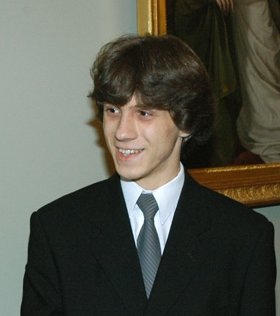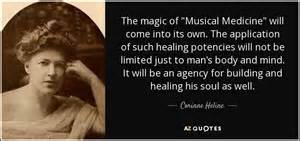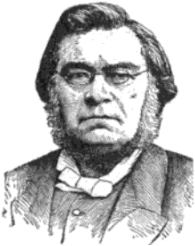A Quote by Richard Wagner
The oldest, truest, most beautiful organ of music, the origin to which alone our music owes its being, is the human voice.
Related Quotes
What we call music in our everyday language is only a miniature, which our intelligence has grasped from that music or harmony of the whole universe which is working behind everything, and which is the source and origin of nature. It is because of this that the wise of all ages have considered music to be a sacred art. For in music the seer can see the picture of the whole universe; and the wise can interpret the secret and nature of the working of the whole universe in the realm of music.
For instance, our music, They Might Be Giants, has this element of humor, which is probably the most uptight part of what we include in our music, because we're in part very self-conscious guys, and we want our music to stand up to the test of time, not just be visceral comedy records. We love humor and comedy, but there's this aspect to it that runs counter to what is included in most music.
I am deeply sensitive to the spell of nationalism. I can play about thirty Bohemian folk songs ... on my mouth-organ. My oldest friend, who is Czech and a patriot, cannot bear to hear me play them because he says I do it in such a schmalzy way, 'crying into the mouth organ'. I do not think I could have written the book on nationalism which I did write, were I not capable of crying, with the help of a little alcohol, over folk songs, which happen to be my favourite form of music.
The Latin words humus, soil/earth, and homo, human being, have a common derivation, from which we also get our word 'humble.' This is the Genesis origin of who we are: dust - dust that the Lord God used to make us a human being. If we cultivate a lively sense of our origin and nurture a sense of continuity with it, who knows, we may also acquire humility.
We seem so frightened today of being alone that we never let it happen. Even if family, friends, and movies should fail, there is still the radio or televsion to fill up the void... We can do our housework with soap-opera heroes at our side... Now instead of planting our solitude with our own dream blossoms, we choke the space with continuous music, chatter, and companionship to which we do not even listen. It is simply there to fill the vacuum. When the noise stops there is no inner music to take its place. We must re-learn to be alone.
Find a beautiful piece of art. If you fall in love with Van Gogh or Matisse or John Oliver Killens, or if you fall love with the music of Coltrane, the music of Aretha Franklin, or the music of Chopin - find some beautiful art and admire it, and realize that that was created by human beings just like you, no more human, no less.
It is to law alone that men owe justice and liberty. It is this salutary organ, of the will of all which establishes in civil rights the natural equality between men. It is this celestial voice which dictates to each citizen the precepts of public reason, and teaches him to act according to the rules of his own judgment and not to behave inconsistently with himself. It is with this voice alone that political leaders should speak when. they command.
For me music is pretty personal. I generally listen to it alone, and I've never been a lover of concerts. So I don't think I really bond with other people over music. That's not unique to music for me, either. I feel that way about film, television, art, everything. I read a book alone, so why wouldn't I listen to music alone?








































